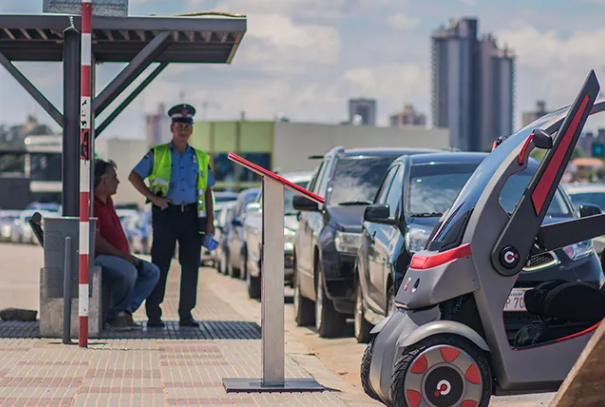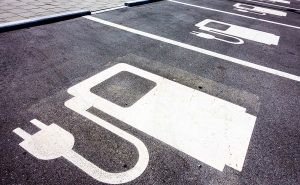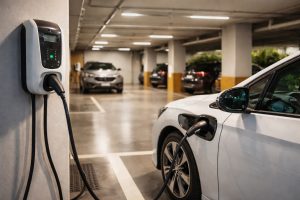
Electric Mobility Plan in Paraguay Aims to Improve Air Quality

In a significant effort by the public sector, Paraguay launched a few weeks ago the Multimodal Electric Mobility Master Plan for Urban Public Transport and Logistics, with which it is estimated that by 2040, the country will be positioned as a reference in the Latin American region for its energy transition.
The Vice Minister of Industry and Commerce, Francisco Ruiz Díaz, pointed out that there is currently an international commitment to move from polluting energy to clean energy, an objective that Paraguay is also pursuing.
“Today, we import US$2.6 billion a year of oil and when it goes up, it impacts people. With an electric vehicle we would only spend 10% of what we were spending and the same with public transportation,” he said.
Read also: Mexico Advances in Public Policy with the “Promoters of Mobility” Program
Path of Opportunities
With the plan, Paraguayan authorities believe that they will not only have the possibility of improving air quality, but also of developing new technologies that will contribute to the country.
Ruiz Díaz warned that conventional buses using type III diesel fuel generate some 500 particles per million of sulfur content, causing serious damage to the environment and to people’s health. “More than 20% of cardiovascular diseases are caused by poor air quality,” he said.
The head of the Vice-Ministry of Industry and Commerce stated that there are too many benefits to replace obsolete technology, which has an impact on the environment, life and health of the people, with clean energy.
He also assured that the Itaipu Treaty, a bilateral agreement between Brazil and Paraguay signed on April 26, 1973 for the hydroelectric use of the Paraná River, will improve access to energy.
Training
On July 20, 2022, the Paraguayan government signed an agreement with the South Korean Institute of Automotive Technology (Katech) to implement the National Electric Mobility Plan, which aims to develop the electric vehicle industry.
The alliance seeks to replace imports of petroleum-based fuels, taking into account that Paraguay spends approximately US$ 2 billion a year on fuels.
As part of the program, 40 Paraguayans are expected to go to South Korea for training in the automotive sector.





